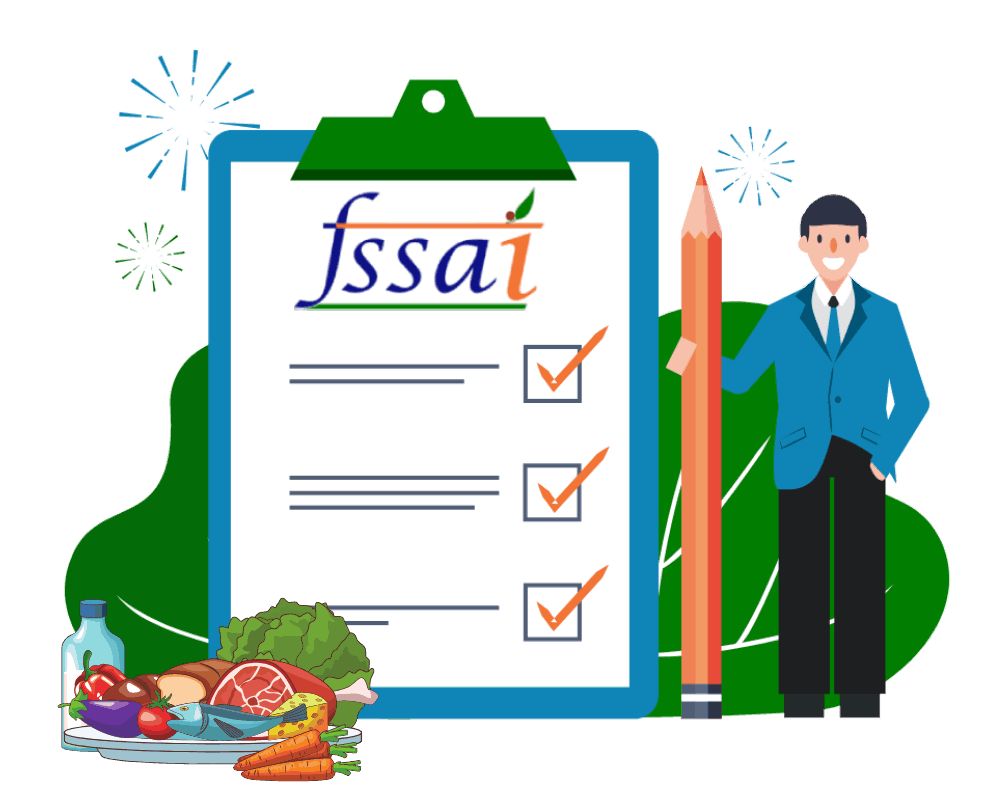6 Essential Documents for FSSAI Registration

If you're planning to start a food business in India, obtaining an FSSAI registration is a critical step. The Food Safety and Standards Authority of India (FSSAI) ensures that food products meet the necessary safety and quality standards. To complete the registration process, there are certain documents you'll need to submit. This article outlines the six essential documents required for FSSAI registration and explains their importance.
What is FSSAI Registration?
FSSAI registration is a mandatory requirement for all food business operators (FBOs) in India. It is a certification that assures customers about the safety and quality of the food being provided. Depending on the size and nature of your business, you may also need an FSSAI license instead of just a basic registration. Submitting accurate documents is crucial for the FSSAI verification process to ensure your application is approved.
6 Essential Documents for FSSAI Registration
1. Passport-Sized Photograph
A recent passport-sized photograph of the applicant is necessary. This serves as a basic identification document for the registration.
2. Proof of Identity
You need to provide a valid government-issued ID such as:
- Aadhaar Card
- Voter ID
- Passport
This helps in verifying the identity of the applicant during FSSAI verification.
3. Proof of Address
Submit a valid address proof for the business premises. Acceptable documents include:
- Rent Agreement
- Utility Bill (Electricity or Water)
- Sale Deed
The FSSAI license requires the business address to match the one provided in the application.
4. Business Constitution Certificate
Depending on your type of business, you may need to submit:
- Partnership Deed (for partnerships)
- Certificate of Incorporation (for companies)
- Proprietorship Declaration (for sole proprietors)
This document establishes the legal status of your business entity.
5. Food Safety Management Plan (FSMS)
An FSMS document outlines the safety protocols and practices your business follows. It demonstrates compliance with food safety standards and is critical for FSSAI verification.
6. NOC from Municipality or Local Authority
If applicable, a No Objection Certificate (NOC) from the local municipal body is required. This confirms that your business complies with local regulations.
Why These Documents Are Important
Submitting these documents ensures a smooth FSSAI verification process. Any discrepancies or missing documents can delay the issuance of your FSSAI license or registration. Ensuring accuracy and completeness is crucial for compliance with food safety regulations.
Conclusion
Understanding the documents required for FSSAI registration is essential for food business operators. From identity proofs to an FSMS plan, each document plays a significant role in the approval process. Make sure to prepare and submit them meticulously to secure your FSSAI license or registration without hassles.
For a successful FSSAI verification, it's always wise to double-check all documentation before submission. This not only speeds up the process but also establishes your credibility as a food business operator.